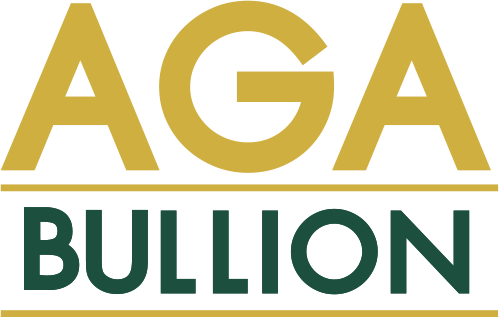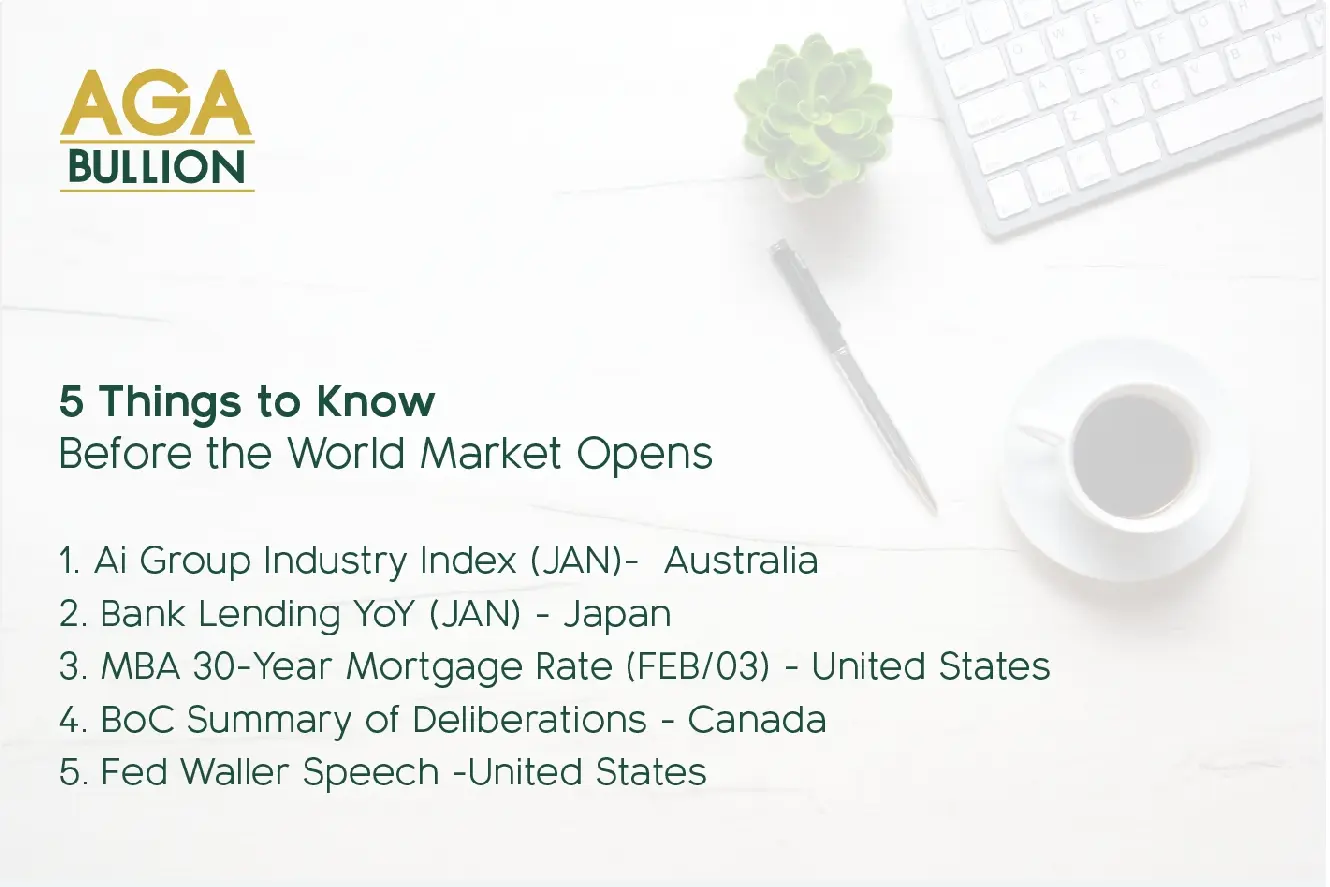1. Ai Group Industry Index (JAN) - Australia
The Ai Group Australian Industry Index is representative of the modern industrial ecosystem. It brings together the manufacturing, construction, engineering, technology and business services sectors – industries which together account for 36% of the Australian economy. The Ai Group Australian Industry Index tracks nine different industry activity metrics: Production; Employment; New Orders; Input Purchases; Exports; Capacity Utilization; Input Prices; Selling Prices; Wages. A reading above 50 points indicates that the industry activity is generally expanding; below 50, that it is declining.
2. Bank Lending YoY (JAN) - Japan
In Japan, bank lending refers to the year-on-year change of all outstanding loans and discounts with banks and shinkin banks. Lending increases with increased business confidence and investment and it is an important indicator for the Japanese economy because of the weakness that has plagued the Japanese banking sector.
3. MBA 30-Year Mortgage Rate (FEB/03) - United States
MBA 30-Year Mortgage Rate is average 30-year fixed mortgage lending rate measured during the reported week and backed by the Mortgage Bankers Association.
4. BoC Summary of Deliberations - Canada
In Canada, benchmark interest rate is set by the Bank of Canada's (BoC) Governing Council. The official interest rate is the Overnight Rate. Since 1996 the Bank Rate is set at the upper limit of an operating band for the money market overnight rate. Previously, from March 1980 until February 1996 the Bank Rate was set at 25 basis points above the weekly average tender rate for 3-month Treasury bills.
5. Fed Waller Speech -United States
In the United States, the authority to set interest rates is divided between the Board of Governors of the Federal Reserve (Board) and the Federal Open Market Committee (FOMC). The Board decides on changes in discount rates after recommendations submitted by one or more of the regional Federal Reserve Banks. The FOMC decides on open market operations, including the desired levels of central bank money or the desired federal funds market rate.







